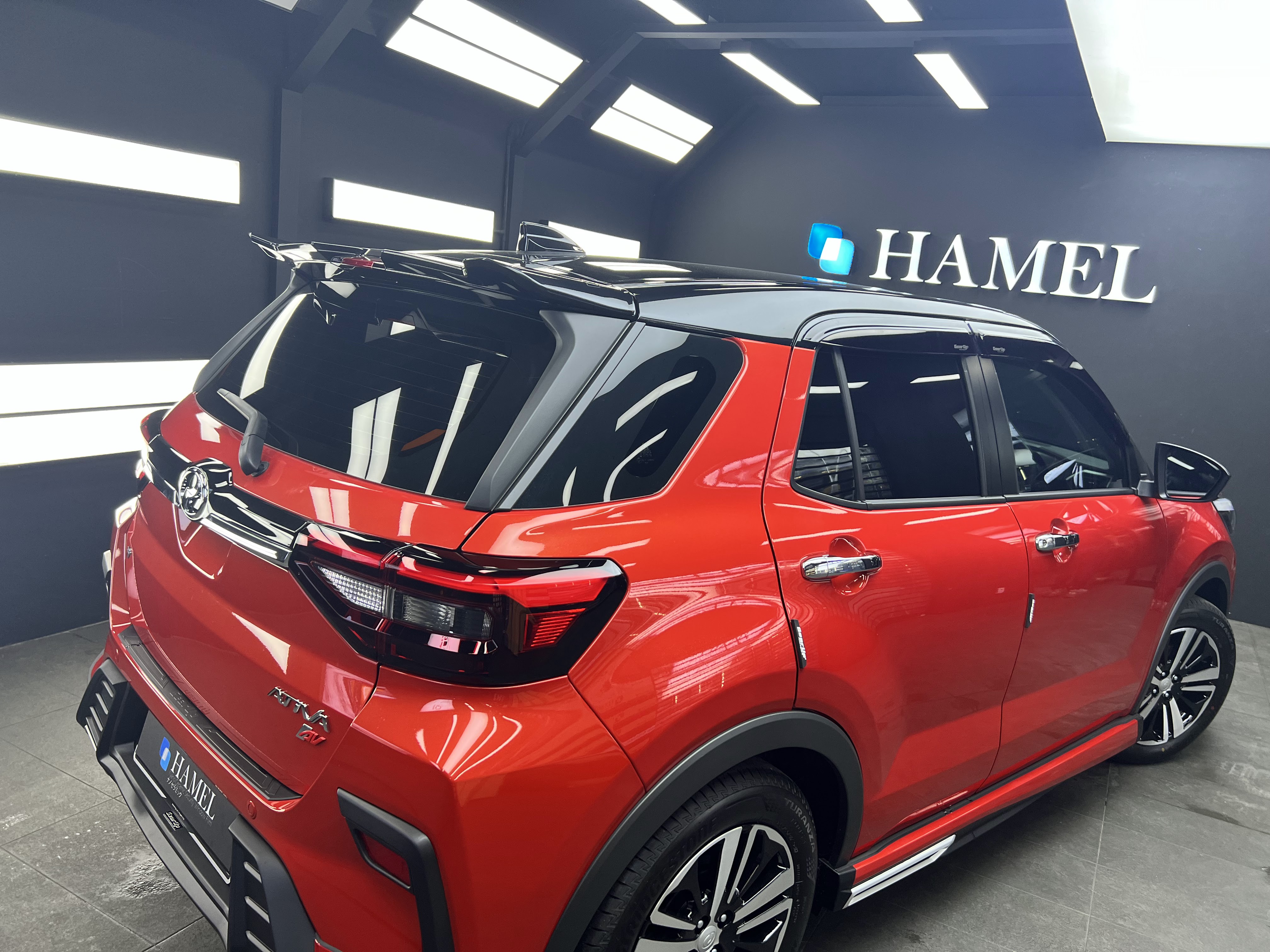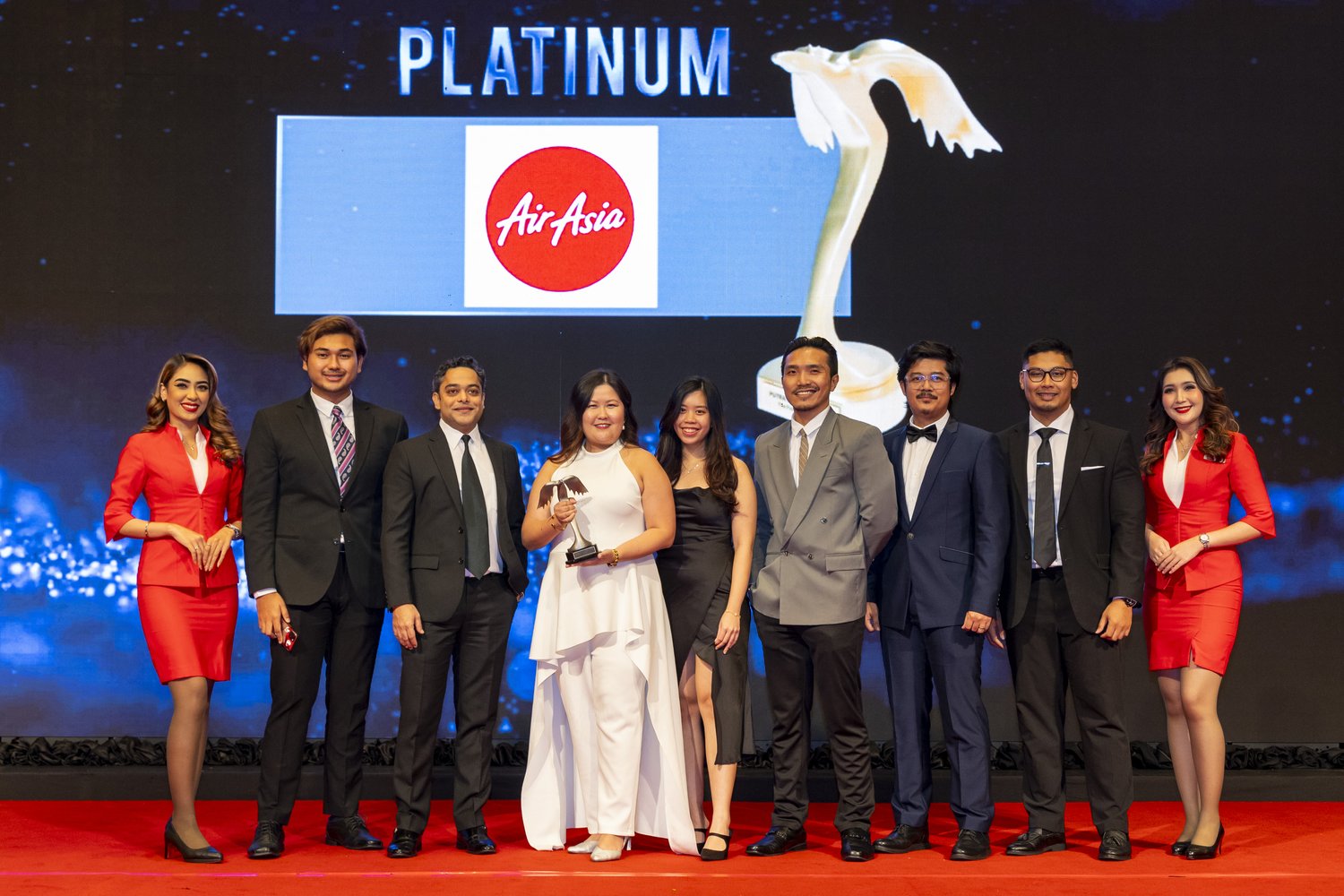Search Blog
Hit enter to search or ESC to close
Trending Now
AirAsia wins Platinum in travel category at Putra Brands Awards
- Get link
- X
- Other Apps
Touch ‘n Go Wins Super Aspiring Brand Award in the Lifestyle Category at the Shopee Super Awards 2023
- Get link
- X
- Other Apps
Millennials and Gen Zs, collectively termed as Gen MZ, have had the unique experience of growing up in the digital era, making them adept at navigating digital ecosystems in their daily lives. This also means that they have unique perspectives and demands on technology. Seamless experiences, intuitive interfaces, and, most importantly, personalized relevance are all key.
For Gen MZ consumers, personalization must go beyond seeing their names on a screen, or having their initials engraved on the back of their smartphones or earbuds cases – it must be genuine, and meaningful. While they are more globalized than ever, Gen MZ are also hyper-aware of their local identities and cultures, and expect brands to both recognize and respect those nuances. According to our research which surveys consumers looking to own a premium smartphone, 79% of those who intend to personalize their phone cases prefer unique cases that are designed locally. Additionally, 8 in 10 of Gen MZs that were surveyed said that personalization allows them to express their individuality[1]. Thus, brands who understand local cultures and values can create a deeper connection with Gen MZ.
Innovation in Personalization
Samsung has long been enabling our users to express their identity and personal preferences through our innovations, products, and services. The smartphone, a daily essential for Gen MZ, is a great showcase of how we have been driving personalization at the intersection of technology and innovation by empowering our users with the ability to customize their Galaxy experience.
This is in line with what we have found in our research, which shows that personalization is a key driver of interest among consumers looking to own a premium smartphone, and 85% of these consumers are likely to stay with a mobile brand that offers a wide range of personalized options1. For consumers, it is not just about picking a smartphone design that is attractive, but also about being able to personalize their devices according to their needs and wants, whether with unique form factors such as our Galaxy Z foldables, the software and apps that elevate the devices from mere tools to essential lifestyle partner, or accessories that are canvases showcasing their colorful personalities and passion points.
Beyond mobile devices, consumers reflect their tastes in customizable home appliances, such as Samsung Lifestyle TVs and Bespoke refrigerators, and enrich their home experiences with the personalization aspects that SmartThings brings to the table.
The business value of personalization
In a world where consumer behaviors are constantly shifting in real-time, influenced by factors like trending social media topics, viral challenges, peer recommendations, and global events, the celebration of individuality has a timeless appeal. This is why, at Samsung, we firmly believe in enabling our users to embrace who they truly are through our efforts in innovation and design, whether in the ability to personalize their devices from the outside and inside, or in how we can elevate the experience of tailoring our products to individual needs through our bespoke services.
This fuels our efforts around personalization, and we are bringing it to the next level through the Samsung x You campaign. The campaign is our commitment as a company to continue championing personalization across Southeast Asia and Oceania, starting first with our mobile devices including the latest Galaxy Z series, and eventually extending to our wider product portfolio.
Samsung x You campaign visuals
Anchored by a slew of collaborations with local artists and communities across the SEAO region, Samsung x You aims to help our users express their identity, and to champion local communities and cultures through the devices that they love. It is a call from us for everyone to be both globally conscious and locally relevant.
In line with the Samsung x You campaign, we launched an exclusive, The Breakfast Café Accessories Collection in SEAO. These limited-edition Galaxy Z Flip5 accessories feature both Samsung original designs and collaboration with local partners.
The Breakfast Café keychains and Galaxy Z Flip5 Bread Flipcase
Samsung x You will also progressively roll out throughout the region, through a series of hyperlocal campaigns with exciting in-market activities. We are collaborating with talented local artists and brands, offering customized accessories that leverage local elements and culture, curating user experiences such as Flip Town pop-ups for the latest Galaxy devices, and launching a new personalization zone in our Samsung Experience Stores. At these personalization zones, consumers get to customize their favorite products, including options to sticker them, as well as purchase Galaxy devices that suit their individual styles.

Personalization is the future
The case for personalization in our region is clear, especially as Gen MZ consumers look to become an increasingly dominant market force in the years to come. Their expectations, rooted in their unique generational experiences, demand a shift in how we approach user experiences. Brands that can effectively marry personalization with authenticity, flexibility, while considering privacy, will not only capture the hearts and minds of Gen MZ but will also pave the way for future success.
By Sangho Jo, President and CEO of Samsung Electronics, Southeast Asia and Oceania
[1] Based on internal research conducted by Samsung’s Southeast Asia and Oceania (SEAO) Consumer and Market Insights team in July 2023. Consumers, aged 18 and above, and who indicated that they were intending to purchase a premium mobile in the next six months were surveyed. A total of 1,246 respondents were surveyed from the following markets: Singapore (309 respondents), Indonesia (318 respondents), Thailand (305 respondents) and Vietnam (314 respondents).
You May Also Like
Affordable, Simple, and Accessible: DearTime Launches as Malaysia’s First Life Insurer in the BNM Sandbox
- Get link
- X
- Other Apps
HONOR Launches New Tablets, HONOR Pad X8a Available in LTE and Kids Edition Starting at RM699
- Get link
- X
- Other Apps
Onboarding Suppliers to Accelerate Responsible Supply Chain Management
- Get link
- X
- Other Apps











